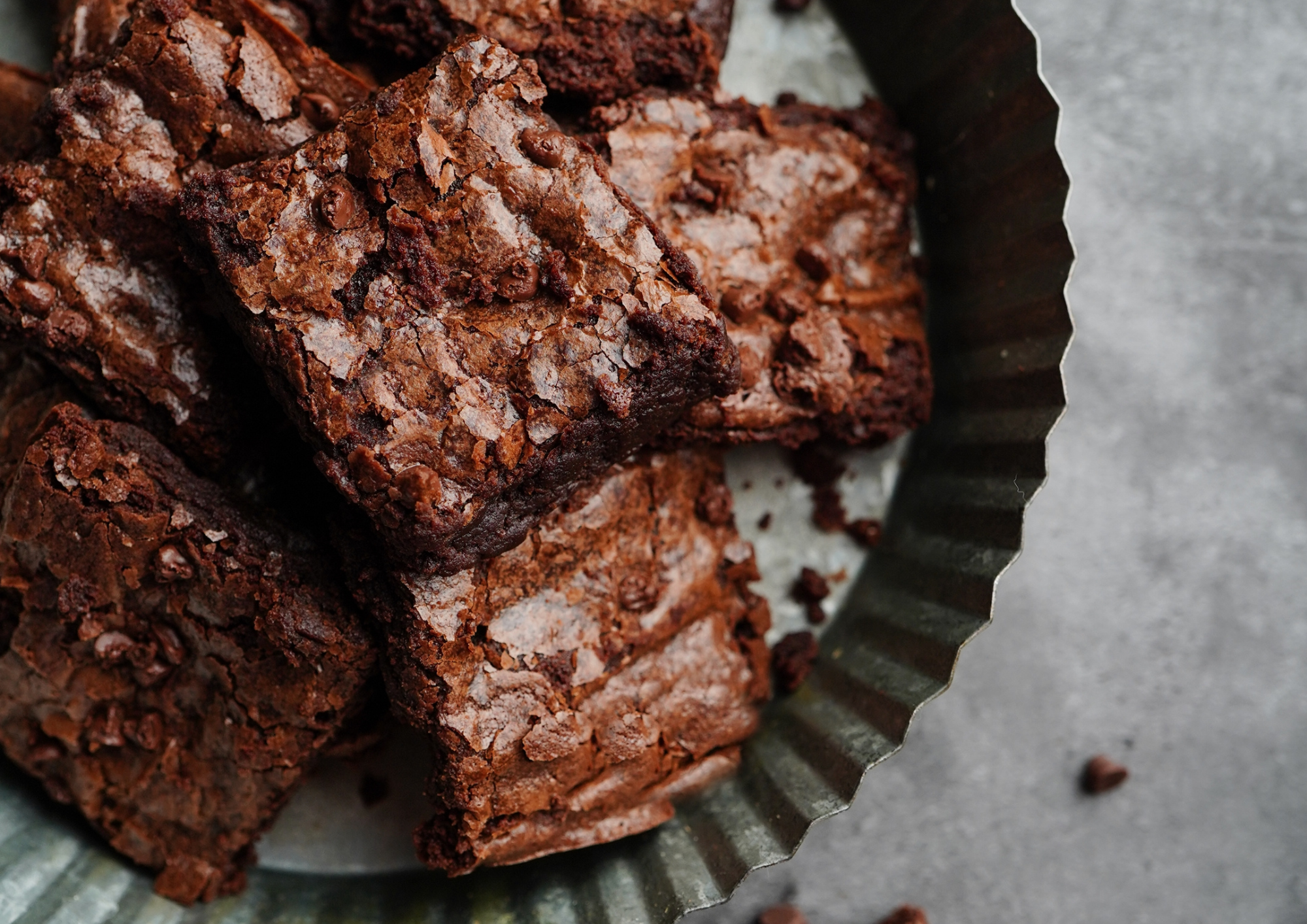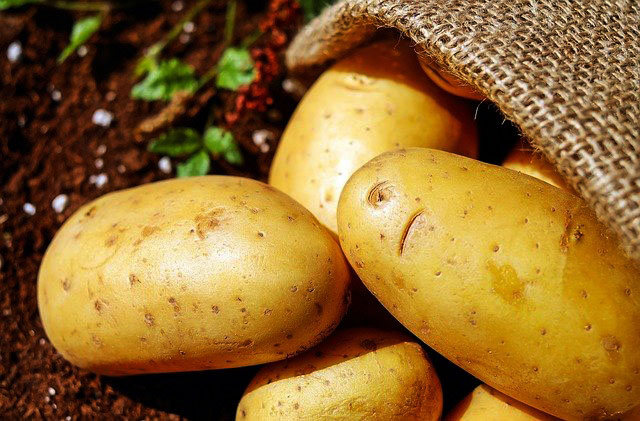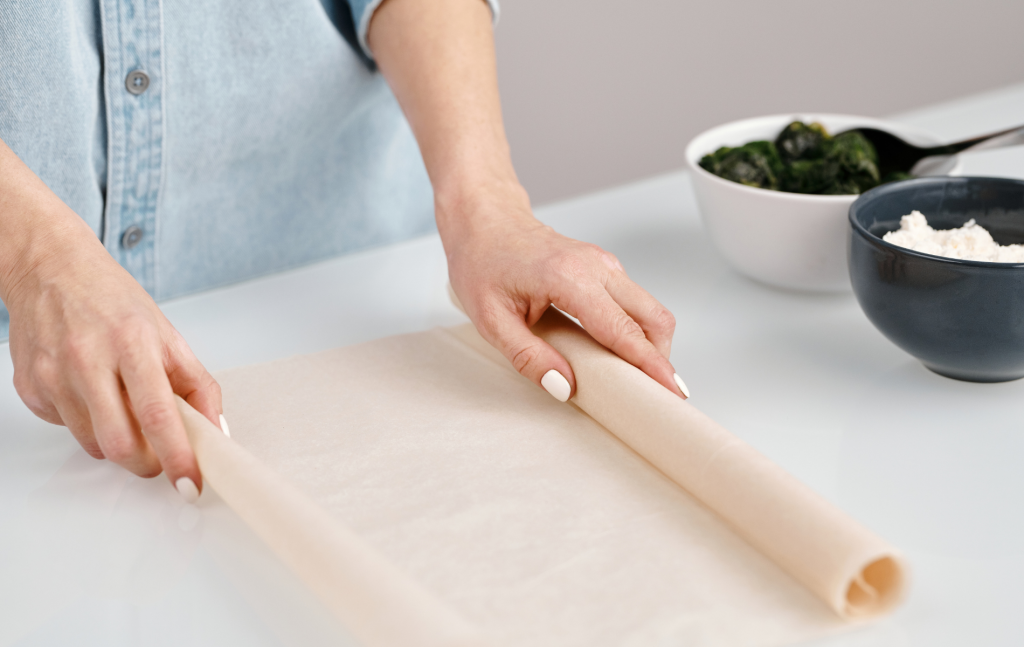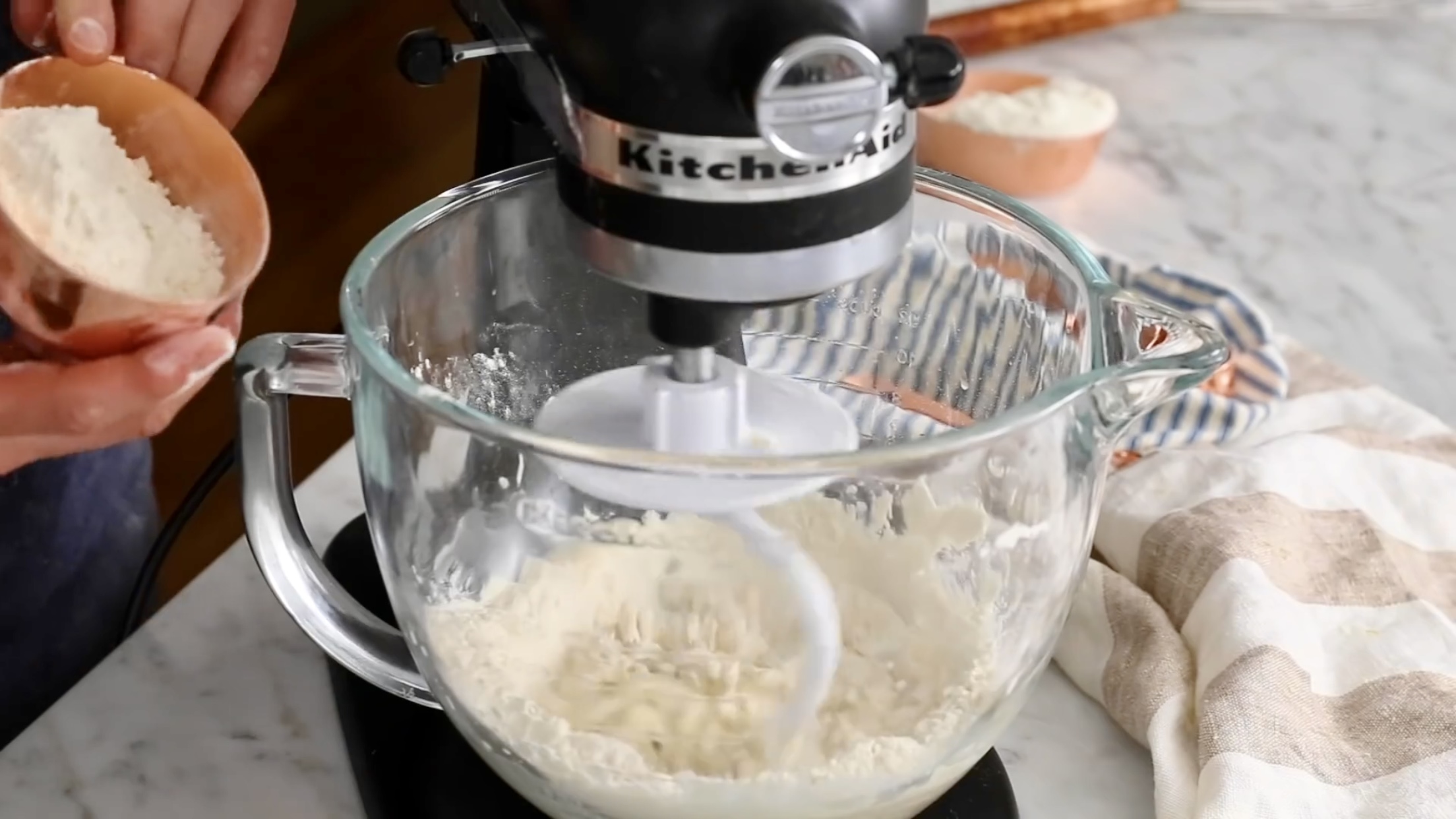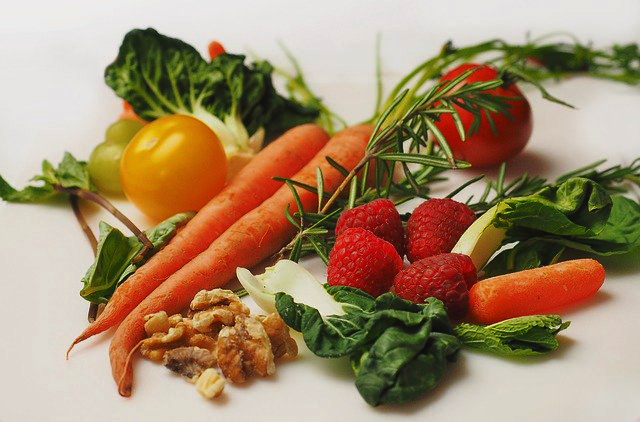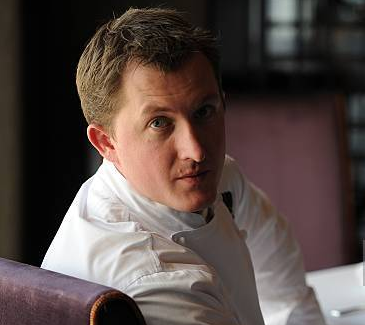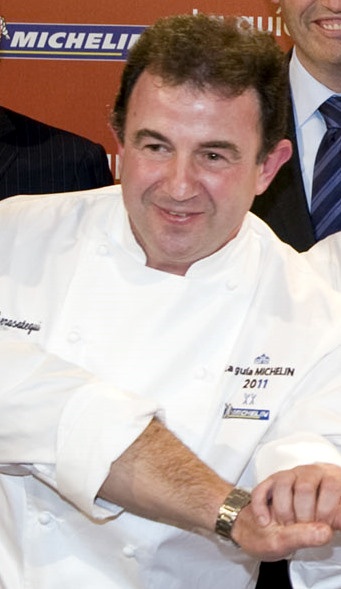You know, there are a billion recipes out there now, and 75 million French ones.
What is the point of being so wedded to a recipe that includes ingredients that you don't like, or won't eat, or are above your calorie/fat/sodium/zinc thresholds, or that some health-care professional has told you simply may not have, etc., etc. Get another recipe.
Clearly we are not just addressing you – we get questions every single day from people who have a recipe they want to use, but there's just this one teensy thing holding them back – they object to one or more (generally crucial) ingredients. Often they want all the flavor of something their grandmother made in the 1950s, please, but with half the calories and none of the fat. Guess what? It just doesn't work.
We love that you cook. We love that you are looking for new ideas. We love that you are staying true to yourself and to the dietary restrictions you are following.
But there are cookbooks on the market (and, perhaps less reliably, recipes on the Internet) that cover every diet, every religious exception, every health concern, with recipes excluding every ingredient you and everyone else wants to avoid. Yes, that limits your pool of recipes, but there are thousands, tens of thousands, possibly hundreds of thousands that still meet your dietary parameters. Why not save yourself a lot of trouble and use cookbooks and recipes that have already been engineered for your specific needs, wants, and avoidances?
You might be able to use chicken fat, goose or duck fat, or beef fat in the recipes you've found. They might be delicious, but, of course, it depends on what you're cooking and how the ingredient is used. Louis Rich makes a turkey "bacon," which is said to be the best bacon substitute on the market. It's selling point is that it does not provide the fat that regular bacon does, so it might not perform as expected in some recipes. Corned beef might be an acceptable substitute for ham in certain situations.
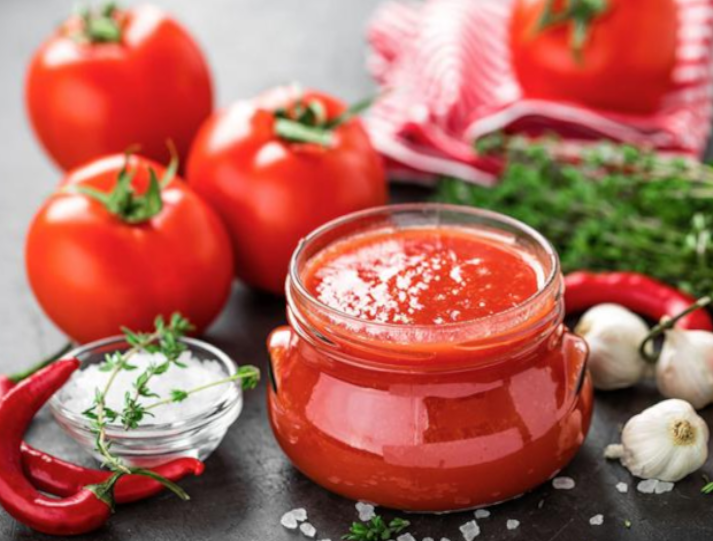
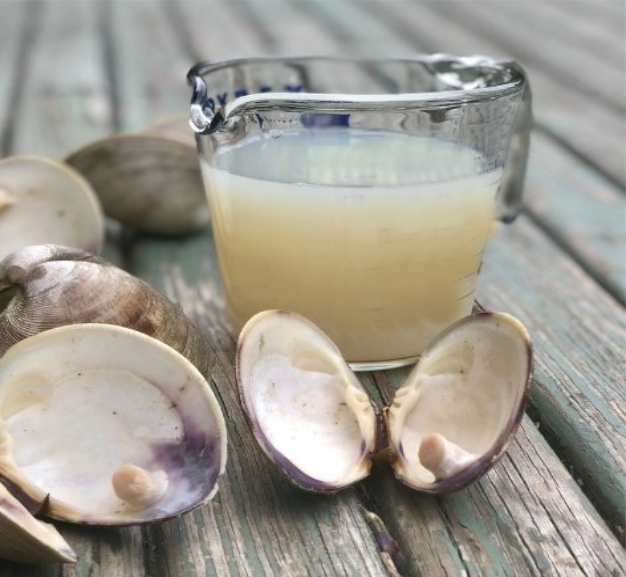
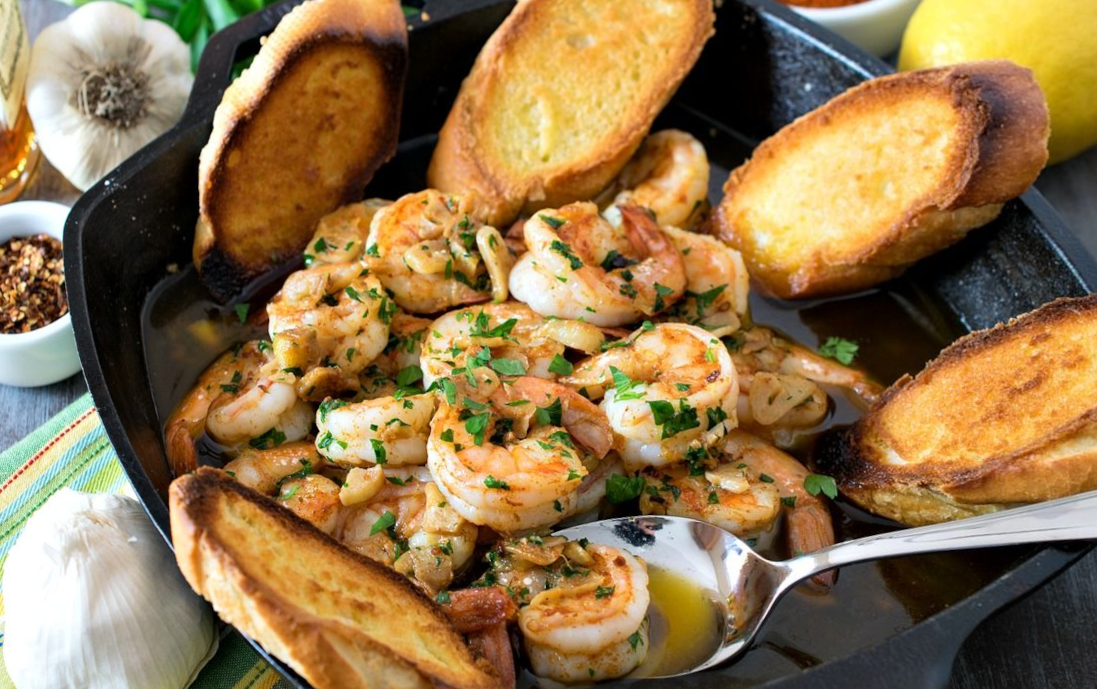

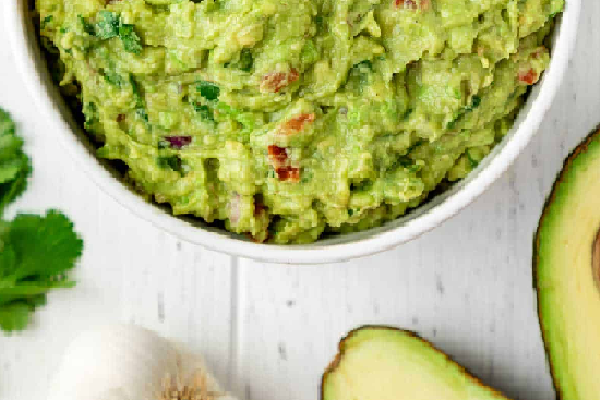
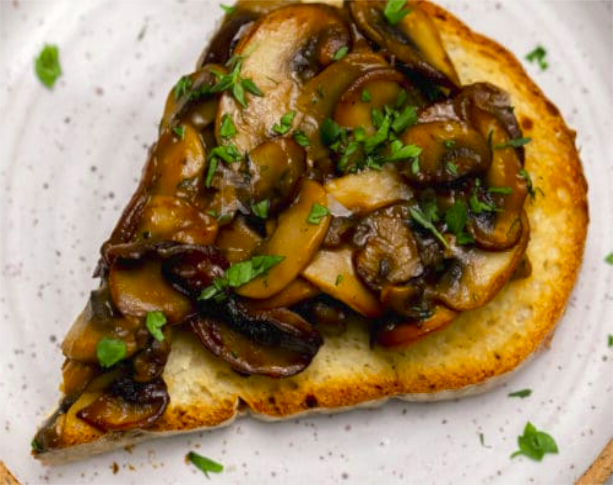
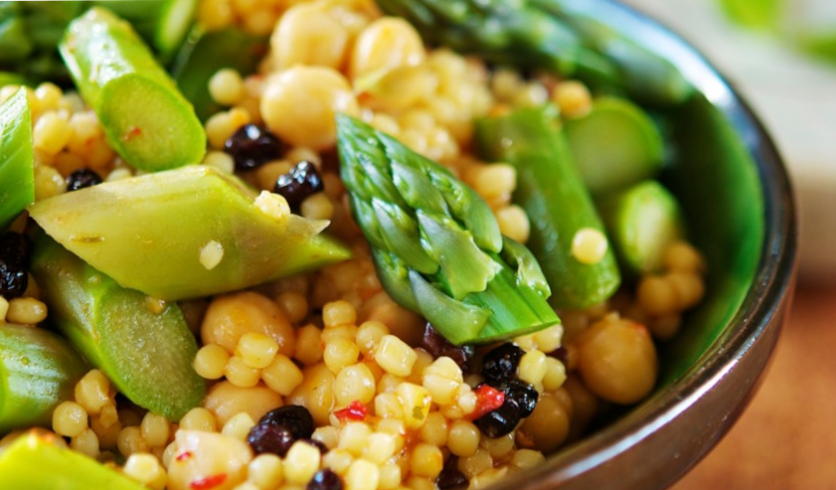
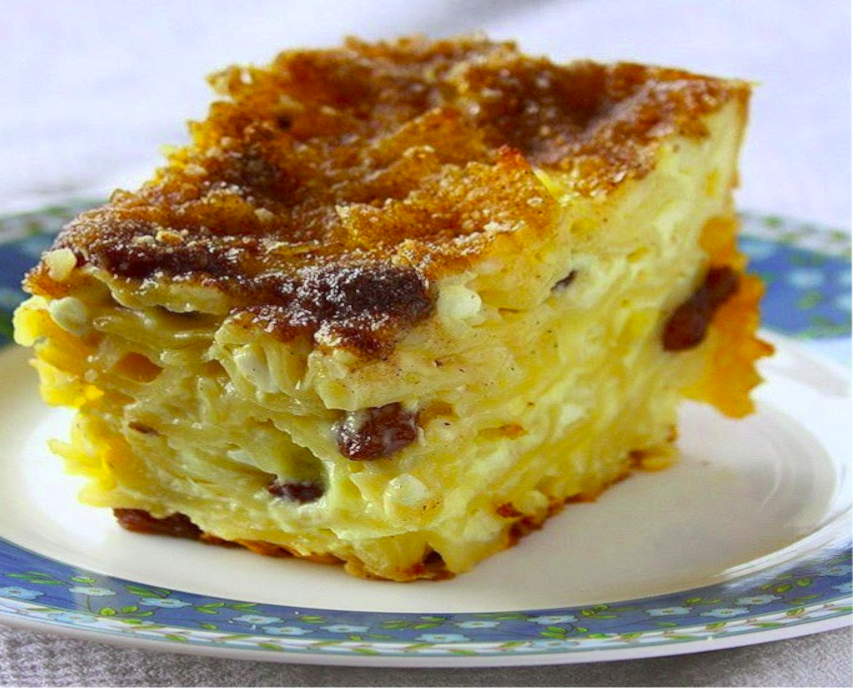
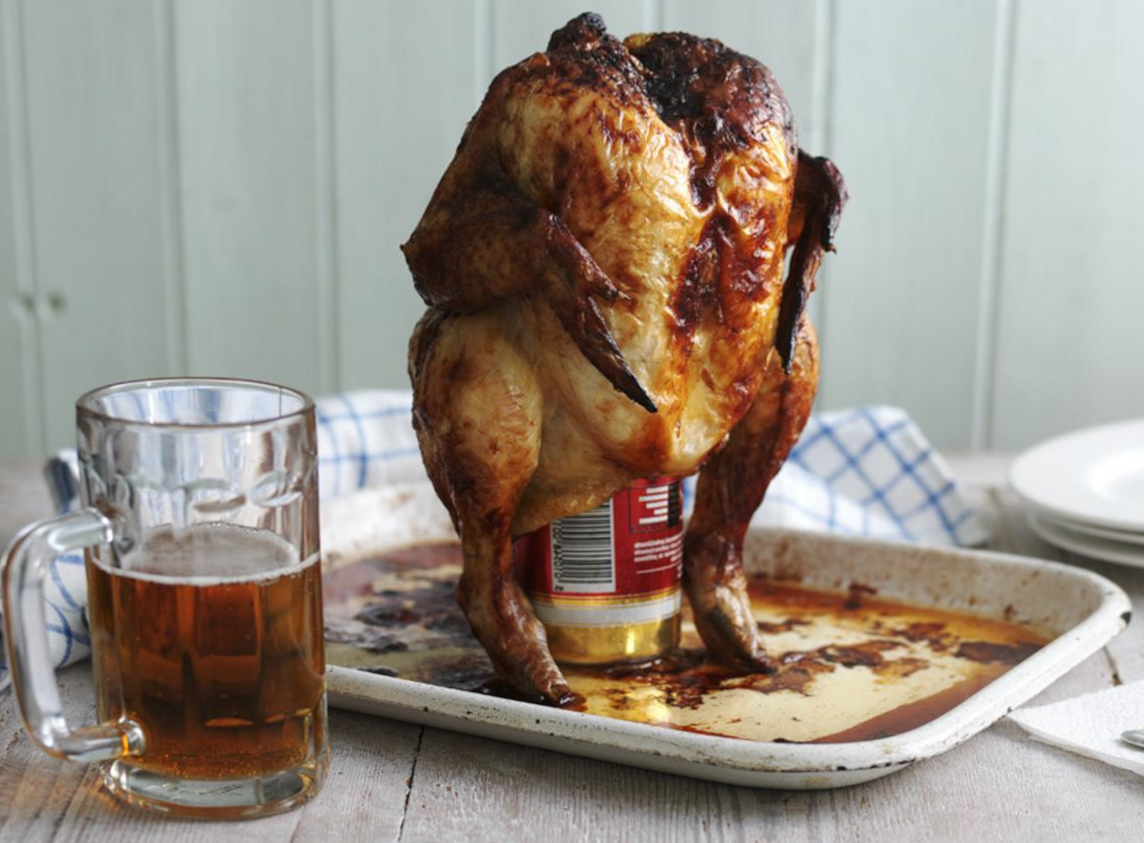

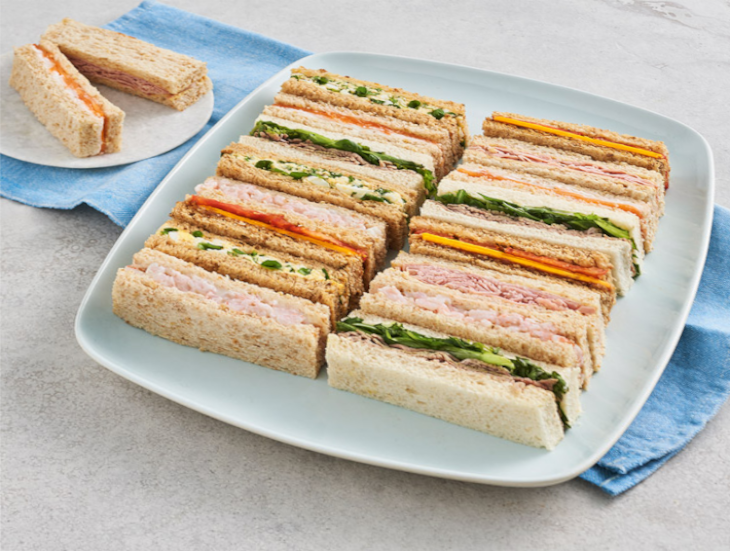



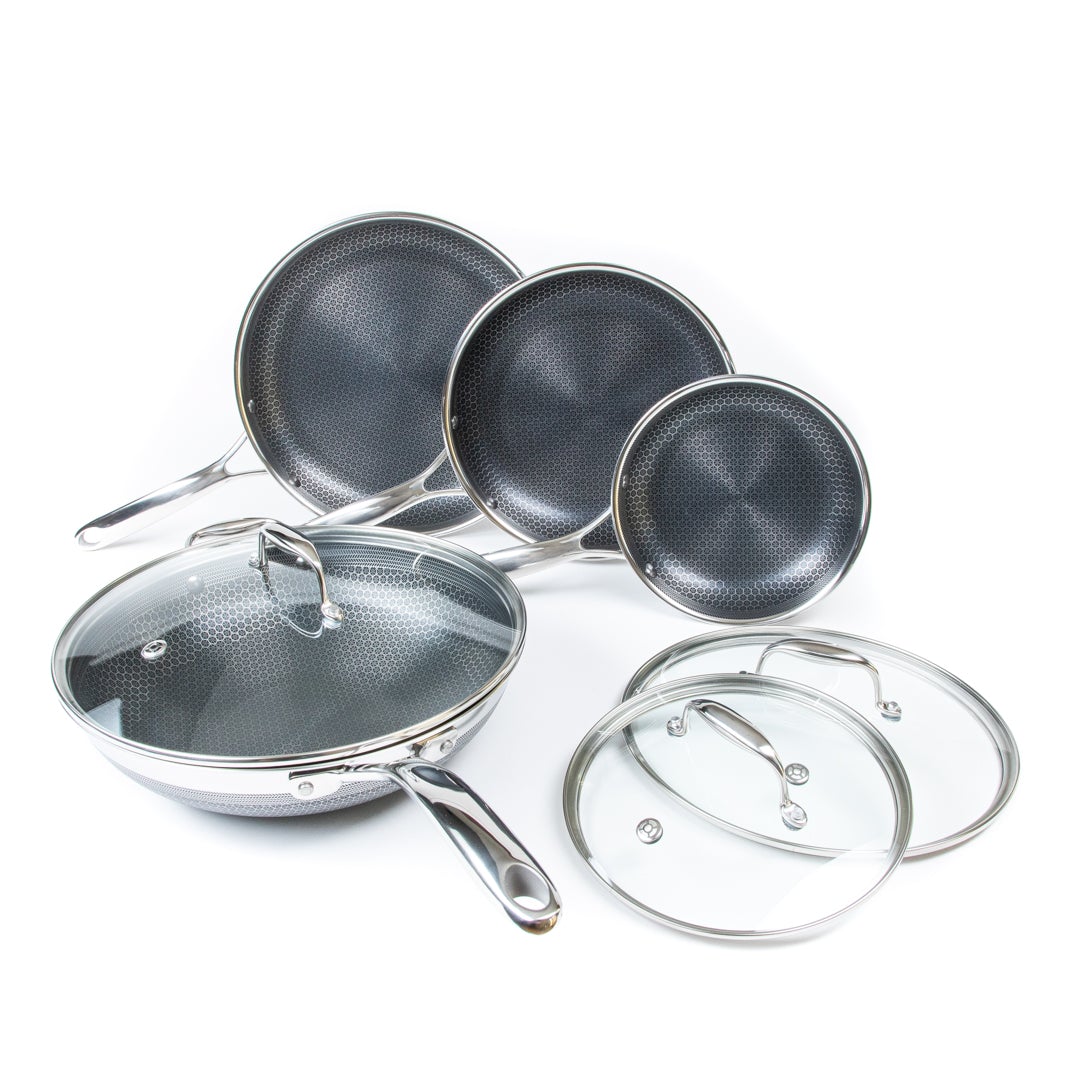
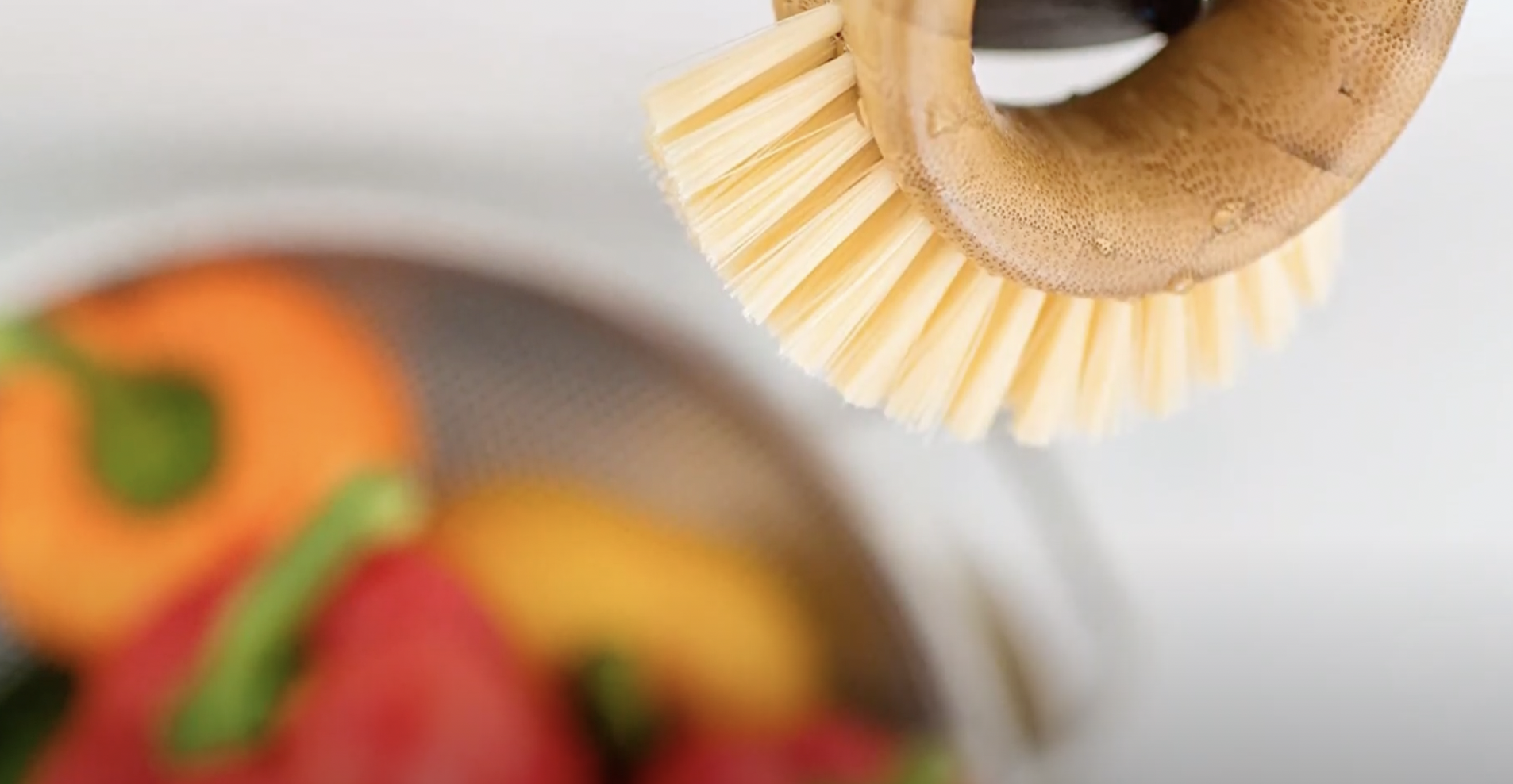

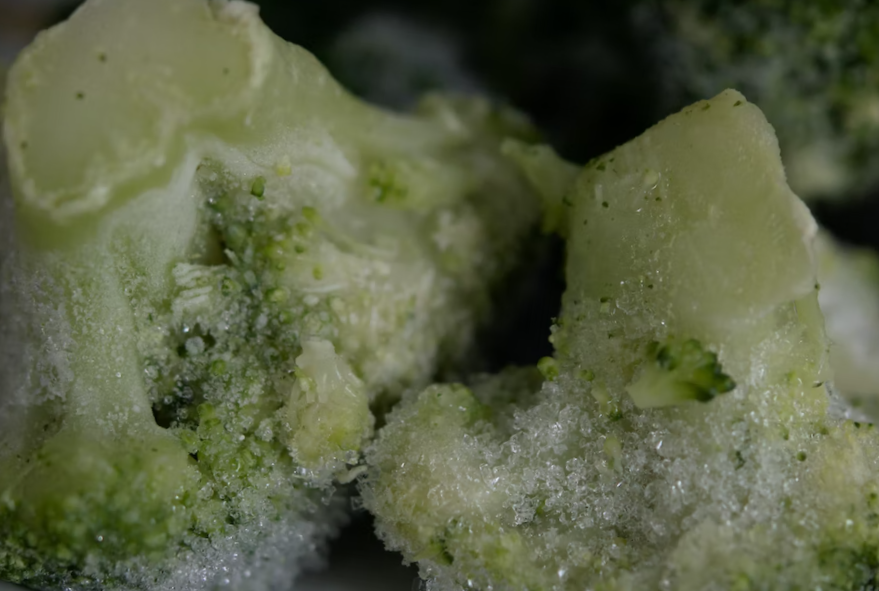



![Can you Cook Eggs in the Microwave? [Complete Guide]](/assets/images/c1f79d1cad59f18f9b5dc31403bd0eb2.png)
